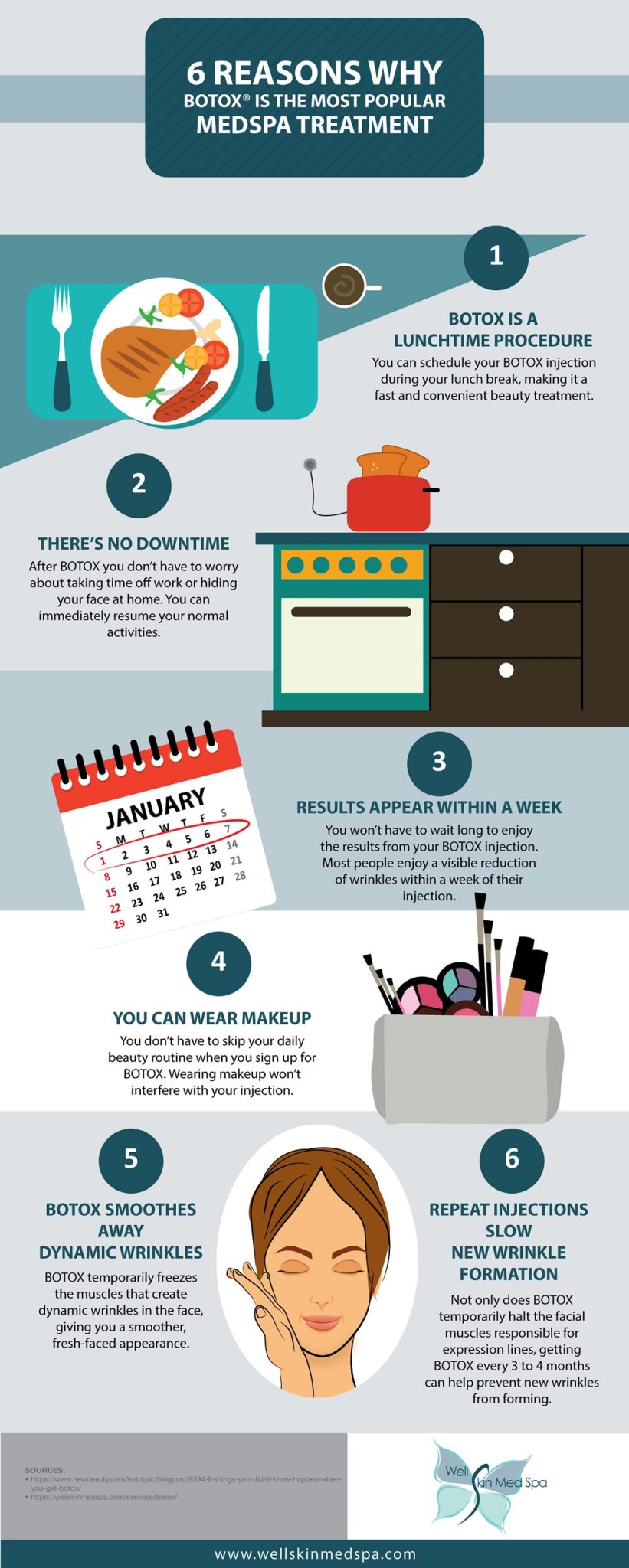Cataract surgical treatment is a typical procedure that can considerably improve your vision by removing the over cast lens from your eye. If you're experiencing obscured or dim vision, this surgical treatment might be the solution you need. It's quick and usually done under local anesthetic, yet there's even more to know about what happens in the past, throughout, and after the treatment. Comprehending these details can assist you really feel extra ready on your journey to clearer view.
Recognizing Cataracts and Their Influence On Vision
Cataracts are like a fog clearing up over your vision, slowly clouding the quality you once considered granted. You may notice that colors appear duller, or that intense lights create halos around things.
Checking out small print or driving at night can become significantly tough. As cataracts establish, your day-to-day activities may really feel frustratingly hindered. You might find yourself scrunching up your eyes or adjusting lighting to see better.
This progressive decrease in vision can affect your quality of life, making tasks you used to enjoy more difficult. Early detection is vital, so if you think you're experiencing signs, don't think twice to get in touch with an eye care expert.
Recognizing cataracts is the primary step towards resolving this usual condition and redeeming your vision.
The Cataract Surgery Treatment: What to Expect
If you've been identified with cataracts and your vision is beginning to affect your day-to-day live, you might be considering surgical procedure as a solution.
During the procedure, you'll be given an anesthetic to numb your eye, so you won't really feel pain. The cosmetic surgeon will make a small laceration in your eye and get rid of the gloomy lens. They'll after that change it with a clear fabricated lens.
The surgical treatment typically takes about 15 to 30 minutes, and you'll be awake throughout the process. Most patients experience improved vision soon after surgical procedure.
Once the procedure is complete, you'll be required to a recovery area for tracking before heading home. Monovision Eye Surgery to follow your specialist's guidelines for a smooth experience.
Recovery and Aftercare Complying With Cataract Surgery
After your cataract surgical treatment, you'll require to prioritize recovery and adhere to certain aftercare guidelines to ensure the most effective outcomes.
Rest is essential, so relax for the initial few days. You should stay clear of laborious activities and hefty lifting, as these can stress your eyes.
Maintain your eyes secured with sunglasses when outdoors, and don't massage or continue your eyes. Use suggested eye drops as guided to avoid infection and decrease swelling.
Attend Monovision LASIK Surgery -up consultations to keep an eye on healing, and report any type of uncommon signs, like raised pain or vision modifications.
Stick to a healthy diet plan to support healing, and stay hydrated.
Final thought
Finally, cataract surgical procedure is a straightforward procedure that can substantially boost your vision and lifestyle. By understanding what to anticipate during the surgical procedure and exactly how to look after on your own later, you can really feel more certain and secure throughout the process. Keep in mind to follow your medical professional's directions for a smooth healing, and don't think twice to reach out with any inquiries. With the right care, you'll be on your way to clearer vision in a snap!
